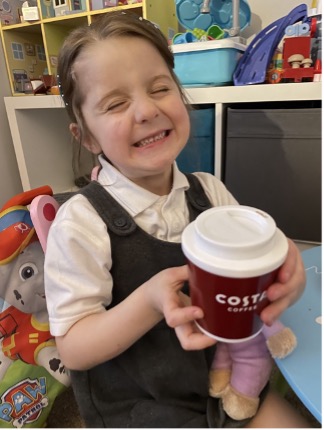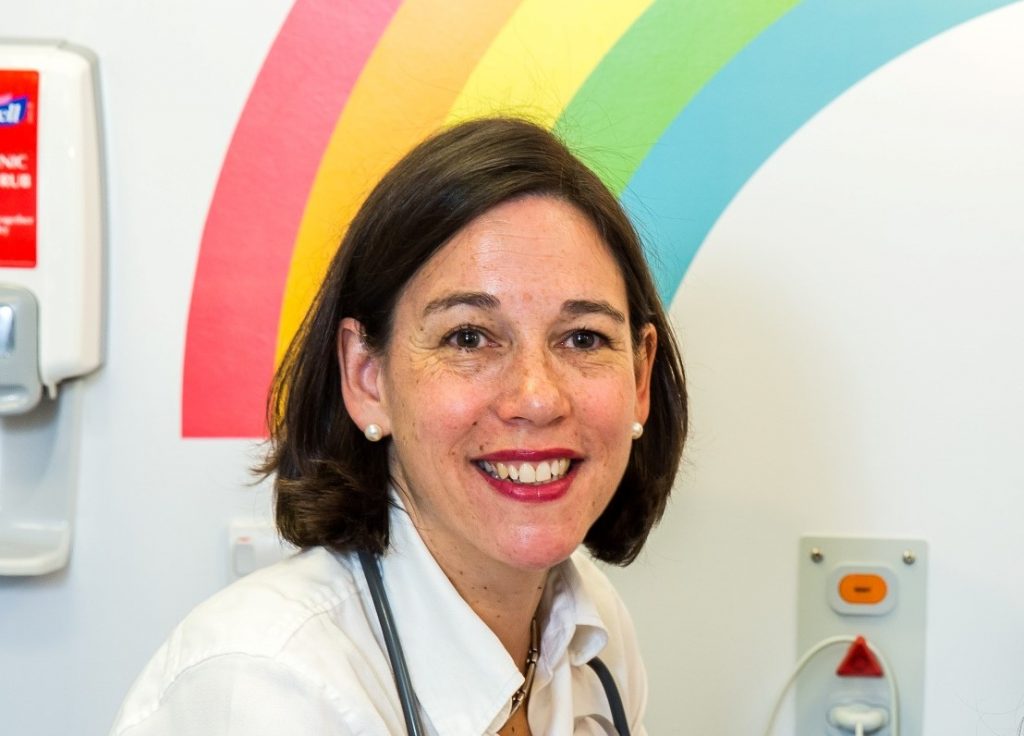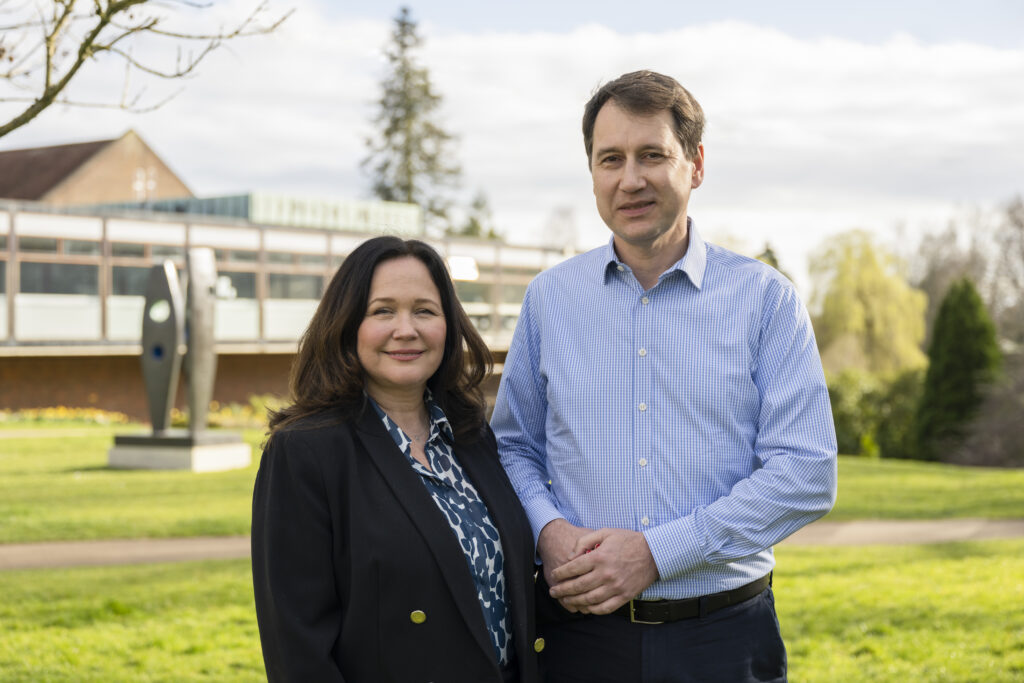The Great North Children’s Hospital (GNCH), part of Newcastle Hospitals, is one of nine hospitals taking part in the pioneering Natasha clinical trial.
28 children and young people with milk or peanut allergies are currently taking part in the £2.5m trial, funded by The Natasha Allergy Research Foundation.
It uses daily doses of everyday food products, under strict medical guidance, to help the immune system become ‘used to’ the allergen and less likely to react.
This approach – known as oral immunotherapy (OIT) – means children living with food allergies may no longer have an allergic reaction if they eat something which accidentally contains the food allergen, for example, due to cross-contamination.
Already making a difference
Dr Louise Michaelis, consultant paediatrician in immunology and allergy at GNCH, is running the trial from the Royal Victoria Infirmary’s National Institute for Health and Care Research Clinical Research Facility, supported by the paediatric research team.
She says the team has already seen a difference in patients on the trial, including five-year old Grace Fisher who has a milk allergy.

Grace’s mum, Emma, said:
“Grace is over 6 months in this journey and is doing amazingly. She is currently on 120ml of milk and loves her daily hot chocolates. Even Santa thought of her and bought her a new cup to have her daily milk in!”
Dr Michaelis said:
“Living with a food allergy can be challenging, particularly for young people who are unable to eat popular foods or have to miss out on social occasions with friends.
“The majority of our patients have become more confident in managing their allergy since being on the trial, which is really positive to see for both the patient and their family.”
If successful, the three-year trial, led by researchers at the University of Southampton, University Hospital Southampton and Imperial College London, will provide the evidence for the treatment to be made available on the NHS.
A huge step forward
Offering the treatment more widely could mark a huge step forward for people with food allergies and their families, and help to tackle the growing allergy epidemic. Hospital admissions for severe allergic reactions (anaphylaxis) to food have more than tripled in the last 20 years in the UK, with young people most likely to be affected.

Dr Michaelis, who is also a senior lecturer in immunology and allergy at Newcastle University, added:
“The NATASHA trial is so important when it comes to helping patients with allergies live a fuller, more normal life. We hope that the trial will also help health professionals to understand the potential benefits of oral immunotherapy for people with certain allergies.”
#Makeallergyhistory
So far, a total of 139 children, aged two to 23 years with food allergy to peanut or cow’s milk, have started treatment on the Natasha trial – the first major study to be funded by Natasha’s Foundation, set up by the parents of Natasha Ednan-Laperouse who died aged 15 from a severe food allergic reaction.
The charity’s mission is to #MakeAllergyHistory through medical research, campaigning and education.
Natasha’s parents, Nadim and Tanya Ednan-Laperouse, who have both been awarded OBEs for their services to charity and people with allergies, are delighted with how the trial is progressing.

Tanya said: “We are so happy that some children with peanut and milk allergies are already seeing the benefits of using everyday foods under medical supervision to treat their allergic disease.
“If Natasha were alive today, this is exactly the type of research she would have loved to be part of.
‘This is a major first step in our mission to make food allergies history. We look forward to seeing the final results.”
Further information:
- For more information about the trial, visit the Natasha Allergy Research Foundation website.
- The older peanut group (aged 6 to 23) is now fully recruited.
- Newcastle University and Newcastle Hospitals are both part of Newcastle Health Innovation Partners (NHIP). NHIP is one of eight prestigious Academic Health Science Centres (AHSCs) across the UK, bringing together partners to deliver excellence in research, health education and patient care.
